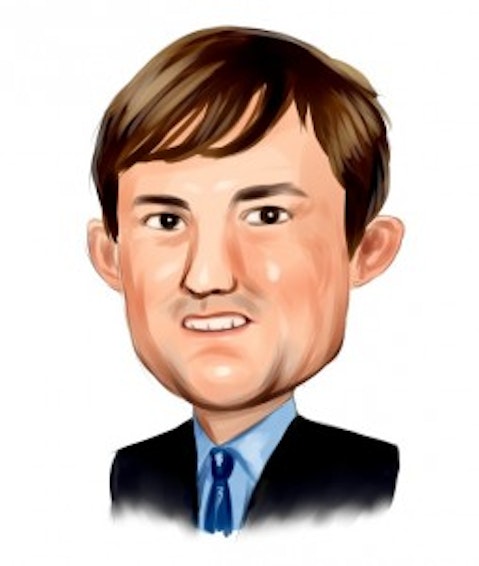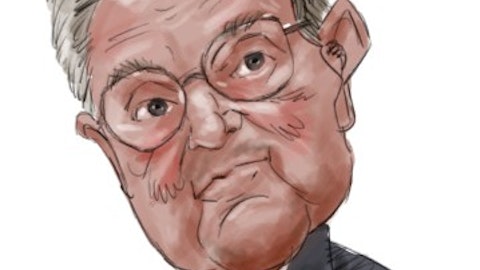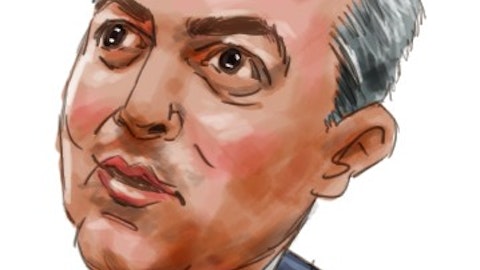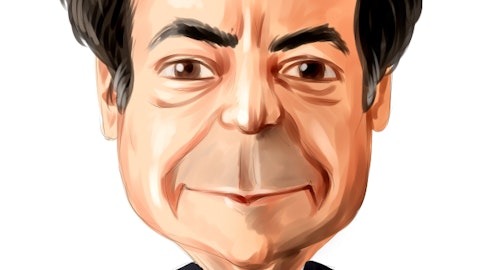
Hedge funds reduced bullish bets on commodities for a second consecutive week as the Federal Reserve signaled it may refrain from more monetary stimulus, increasing concern that growth will slow and curb demand for raw materials. Money managers lowered net-long positions across 18 U.S. futures and options by 2.8 percent to 1.1 million contracts in the week ended April 3, data from the Commodity Futures Trading Commission show. Bets on higher corn prices fell to the lowest since February, while those on hogs dropped by the most since May. Speculators cut wagers on costlier crude oil for a third week, and are now the least bullish in two months.
Garage sale find: $130 million in Coke stock? (Reuters)
Reddy Ice Prearranges Bankruptcy (WSJ)
Packaged-ice maker Reddy Ice Holdings Inc. is in the final stages of preparing to file for Chapter 11 bankruptcy protection with a plan to hand ownership to a hedge fund holding the company’s debt, said people familiar with the matter. Dallas-based Reddy Ice could seek bankruptcy protection this coming week, perhaps within the next two days or so, the people said. The company would file a so-called prearranged bankruptcy with a restructuring plan that has support ahead of time from creditors, including Centerbridge Partners, to limit the company’s time in court, the people said. Reddy could then at some later point attempt to merge with Arctic Glacier Inc., a troubled rival in Canada that has filed for bankruptcy, one of these people said.
Facebook investor Tiger Global takes stake in Nollywood film distributor (Telegraph)
Tiger Global, a hedge fund run by an early investor in Facebook and Zynga, has put $8m (£5m) into an Anglo-Nigerian company distributing Nigerian films worldwide. The Nigerian film industry, known as Nollywood, has grown at about 18pc a year and was worth almost $300m in 2010. It produced about 2,000 new films in 2010 and that number is growing at 15pc a year, according to research by management consults McKinsey & Co. Tiger now has a stake in iROKO Partners, a company set up by Jason Njoku, 31, a Manchester University graduate, to distribute Nollywood movies over the internet. Distribution is through its website irokotv.com, as well as other channels such as iTunes.
Insiders No Longer Want to Play with $EA (InsiderMonkey)
One of the largest American game entertainment companies, Electronic Arts, Inc. (NASDAQ: EA) has had its fate tied to the declining videogame industry, where users are trading in their controllers for simpler tech products like tablets and smartphones. In EA’s case, much of the blame falls on its overreliance on rehashing sequels to franchises like “Madden” and “Tiger Woods PGA Tour,” which is a result of the company’s uninspiring business model. While it is no doubt that these gloomy strategic decisions will continue to hurt EA’s stock price, there are darker clouds on the horizon. The stock has fallen 21 percent since the beginning of the year and insider and fundamental analysis will have investors taking cover sooner rather than later.
AOL to Sell Patents to Microsoft for $1.1 Billion (WSJ)
AOL Inc. AOL -0.16% agreed Monday to sell more than 800 patents and related applications, along with a nonexclusive license to its remaining portfolio of patents, to Microsoft Corp. MSFT +0.98% for about $1.1 billion. “The agreement with Microsoft represents the culmination of a robust auction process for our patent portfolio,” said AOL Chief Executive Tim Armstrong. The deal comes as the race for patents has heated up in the tech space. Among other recent deals, Google Inc. GOOG -0.45% agreed to acquire Motorola Mobility Holdings Inc. MMI -0.32% last year for about $12.5 billion, partly to secure its lucrative patent portfolio, and a number of bidders pursued Nortel Networks Corp.’s patents at auction as well. AOL shares surged 39% to $25.63 in premarket trading, while Microsoft was inactive and closed Thursday at $31.52.
Regulation impedes hedge funds in S Korea (FT)
South Korea’s nascent hedge fund industry is struggling to attract investors due to heavy regulation and managers’ short track records. The government allowed the creation of domestic hedge funds late last year in a move to set off a big bang in the financial sector. So far, a total of 17 hedge funds have been set up by 11 local asset managers but they have attracted only about Won500bn ($442,000m) in total, despite their pledge to return about 10 per cent a year. Local institutional investors such as pension funds are still reluctant to put their money into such home-grown hedge funds while retail investors have limited access to the new investment vehicles. In a bid to protect investors, the government allowed only big financial institutions to establish hedge funds in Korea, and set a high entry level for retail investors, allowing access only for those who can put up at least Won500m.
Newspaper Barons Resurface (NYT)
Is there anything more forlorn than the American metropolitan newspaper? First readers began deserting in droves, then the advertisers followed. Family owners headed for the exits and then hedge funds and other financial players scooped up newspapers thinking they were buying at the bottom of the market. Greater fools came and went, each saying they could cut their way to former glory and renewed profitability. They got a haircut instead.
Parent of Outback Steakhouse Plans to Go Public (NYT)
The parent company of the Outback Steakhouse chain of restaurants, Bloomin’ Brands, filed to go public on Friday, becoming the latest company owned by private equity firms to seek a stock market listing. The prospectus listed a preliminary fund-raising goal of $300 million in its prospectus to calculate registration fees. Buyout shops have been seeking to take advantage of improving market conditions to generate real gains for themselves and their investors.
Hedge fund gains are other funds’ losses (FT)
Hedge funds are indisputable victors in financial markets over the past decade. Assets under management grew at an astonishing 35 per cent a year from less than $200bn in 1999 to more than $2tn in 2007. They fell back sharply in 2008, but last year they regained 2007 levels. So how have the spoils of victory been shared out? Who are the losers, and what costs do they bear?
JPMorgan Trader Iksil Fuels Prop-Trading Debate With Bets (Bloomberg)
JPMorgan Chase & Co. (JPM) trader Bruno Iksil’s outsized bets in credit derivatives are drawing attention to a little-known division that invests the company’s reserves and fueling a debate over whether banks are taking excessive risks with federally insured and subsidized money. Iksil’s influence in the market has spurred some counterparts to dub him Voldemort, after the Harry Potter villain. He works in London in the bank’s chief investment office, which has assembled traders from across Wall Street to its staff of 400 who help oversee $350 billion in investments. While the firm describes the unit’s main task as hedging risks and investing excess cash, four hedge-fund managers and dealers say the trades are big enough to move indexes and resemble proprietary bets, or wagers made with the bank’s own money.
UK hedge funds and ex-bankers take over first privatised NHS hospital (WSWS)
The first privatised hospital since the creation of the National Health Service (NHS) in 1948, Hinchingbrooke Cambridgeshire, began operating under Circle Healthcare Limited on February 1. The Conservative-Liberal Democrat government has already identified 20 “failing” hospitals it wants to be privately run, based on the Circle Health model. Circle Health Ltd is part of Circle Holdings Plc, funded by global hedge funds and run by ex-bankers from Goldman Sachs, Citigroup and Morgan Stanley.
Alumnus to appear before New York Court (TheDartmouth)
Brian Kim ’97, founder and chief investment officer of the Manhattan-based hedge fund Liquid Capital Management, pled guilty on Mar. 16 to all state and federal charges resulting from running a Ponzi scheme that led to the theft of $4 million. Kim is expected to receive a sentence of five to 15 years in prison when he appears before the New York State Supreme Court on Apr. 20, according to Kim’s lawyer, Justin Levine.





